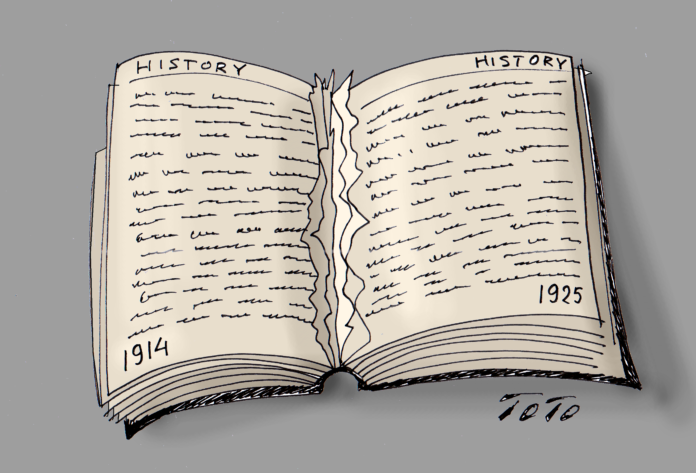Historian Bernard Lewis is dead. His ideas, however, are not. Unlike other traditional and respected scholars, his academic work was often tainted by his involvement in politics. In fact, his scholarly works served as a basis for ideologies which continue to plague the modern world. Throughout his life, especially in his later years, he chose to exchange his mantel as a scholar with that of an ideologue, and some of his disciples are engaged currently in ruling the world.
In the year 2012, he described himself in the following way: “For some, I’m the towering genius. For others, I am the devil incarnate.”
Very few people have enough self-awareness to have an objective view of themselves. And Professor Lewis was no exception. Throughout this essay, we will try to document both dimensions of his personality, a respected scholar and a figurative gun-for-hire.
Scholarship is the pursuit of truth, which guides most historians who are wary of falling into the category of advocacy. Professor Lewis had no such qualms and eagerly used the tremendous power of his academic erudition to bolster his advocacy and worldview, accompanied by the justification of actions propelled by that advocacy.
He knew how to empower ideas; actually, he was a master of formulating ideologies and enlisting the support of power structures to implement those ideologies in political practice.
Words have power, ideas have power, and when placed into the context of ideologies, they become formidable forces to influence the course of history.








